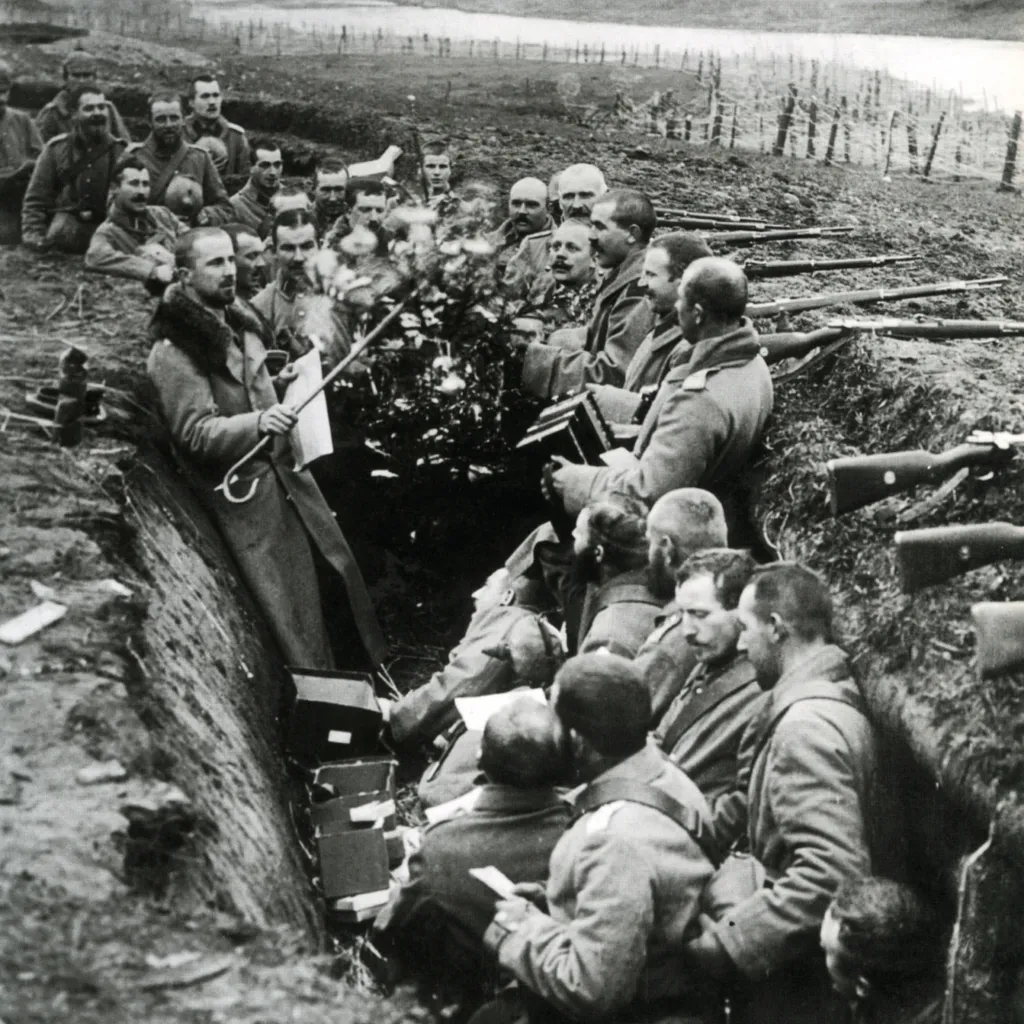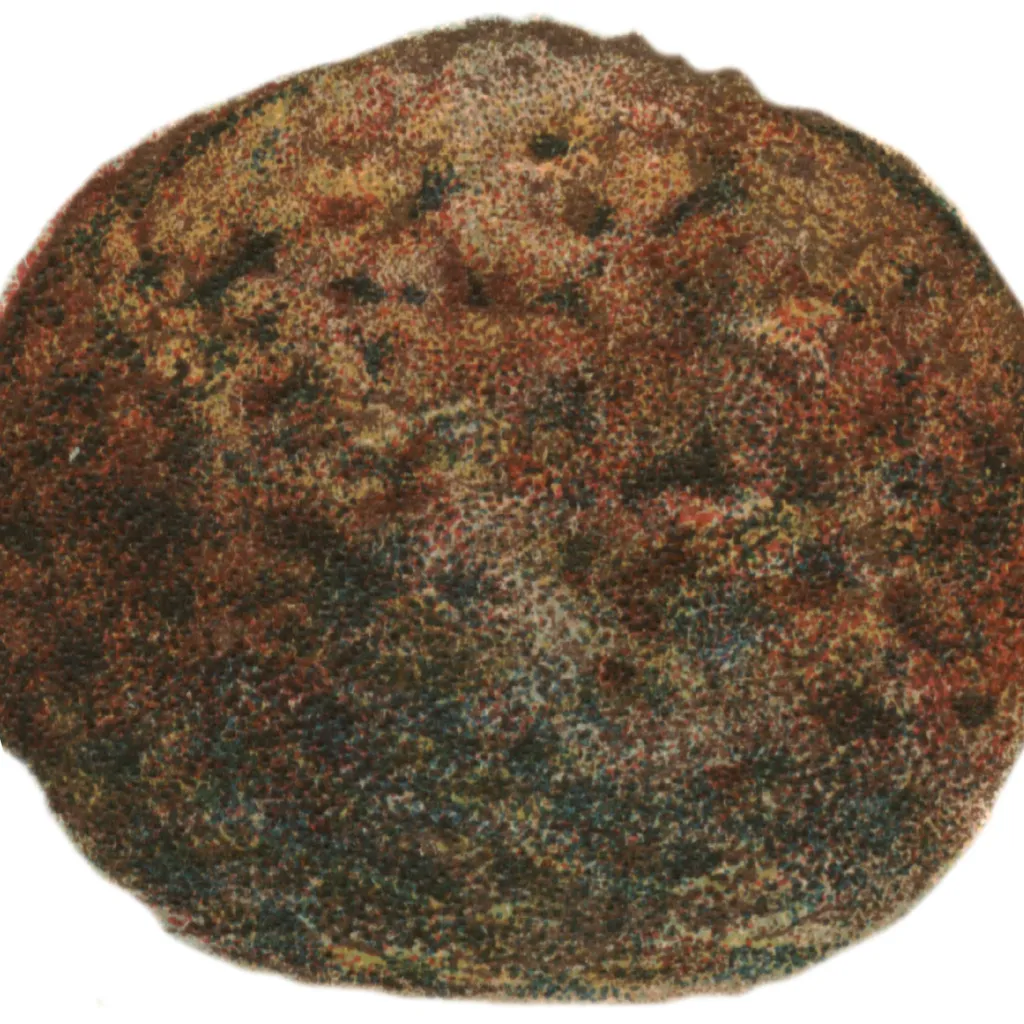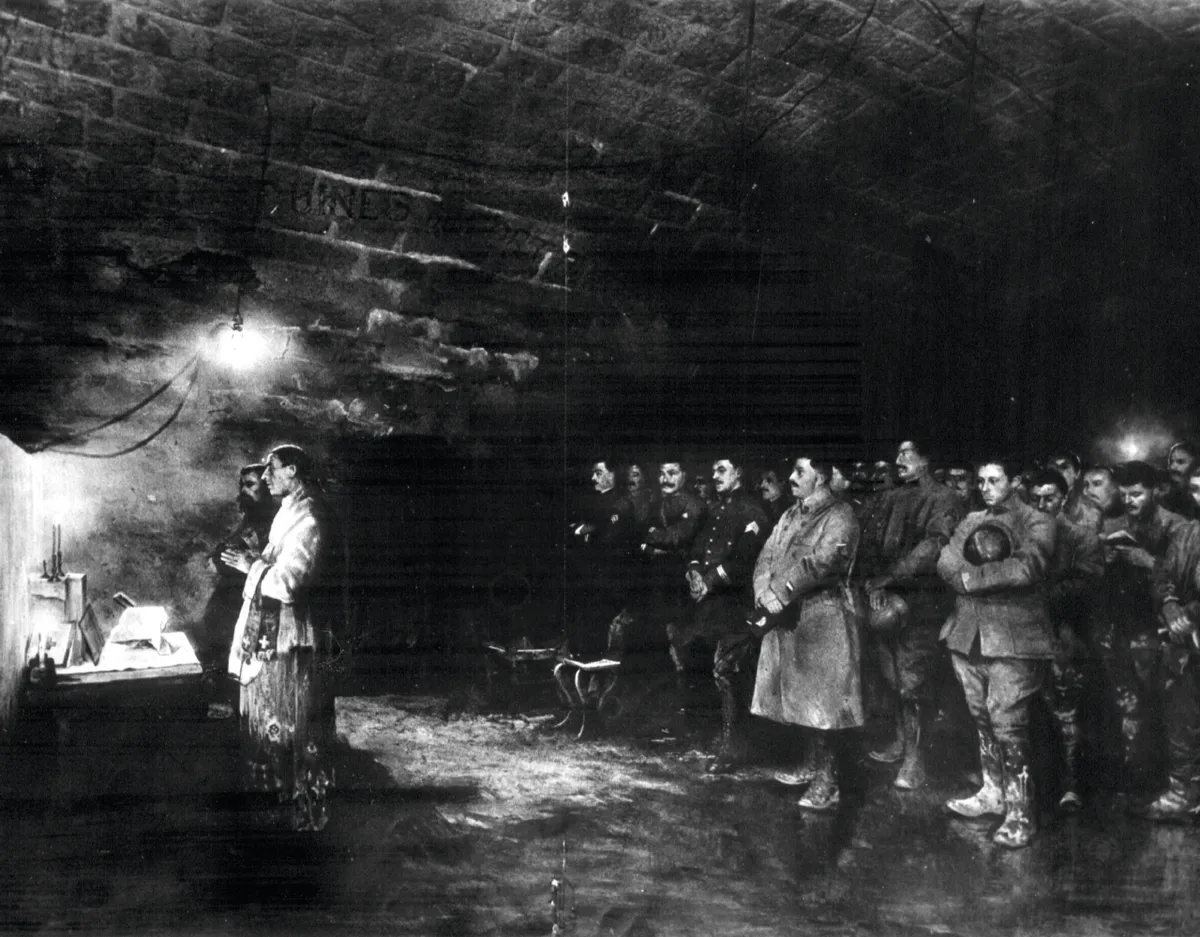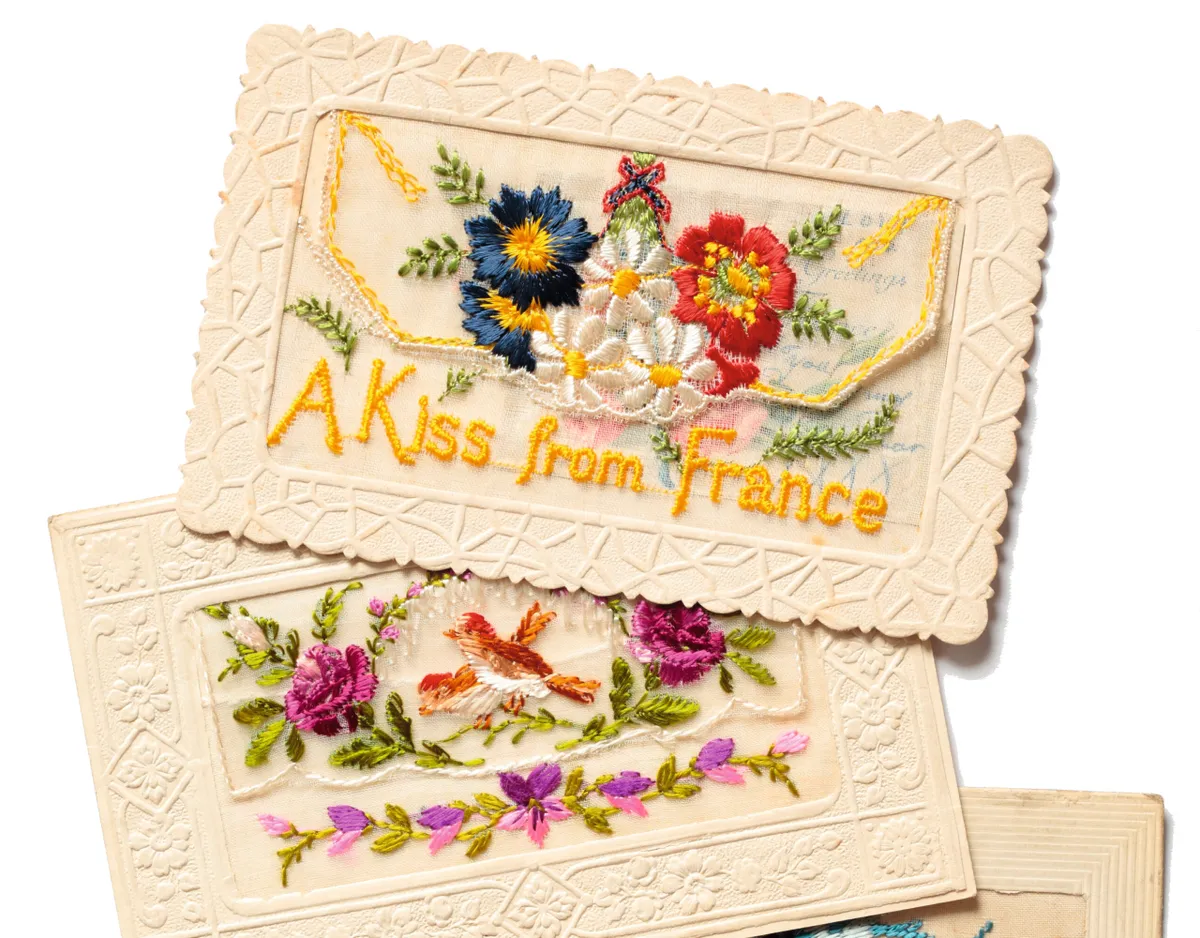Winter on the Western Front in the First World War could be truly terrible, with freezing temperatures, relentless rain and waterlogged trenches combining to make life barely tolerable. Yet during those bleak months, one occasion never failed to bring cheer to the troops – Christmas.
It was the sound of German soldiers singing carols and the sight of their candlelit Christmas trees that prompted the very first festive celebrations of 1914. Informal truces sprung up along the Front and men from both sides met on No Man’s Land to shake hands and exchange gifts. They also took the opportunity to bury the dead.
Christmas truces were never repeated on the same scale again – which pleased the army’s top brass, most of whom loathed such fraternisation – but throughout the war Christmas was always observed in the trenches, just as it was at home.
In 1916, The Times reported: “Everywhere that is possible – in hospitals, in billets, in thousands of small messes all along the Front – the spirit of festivity (generally taking the form of something extra good to eat) is not to be denied, and the very guns themselves are sometimes to be seen decked with incongruous holly and mistletoe.”

Christmas dinner in the trenches
At the top of most men’s wishlists was ‘a decent feed’ and the military did its best to provide that. Field kitchens set to work buying up pigs and fowl, and the more enterprising cooks added a few local delicacies, like marrons glacés, to their menus. Anything that made a change to the usual bully beef and biscuits was welcomed by the Tommies. One even listed sardines on toast in a letter home: “I have just had my Xmas dinner at 6.30 this evening. It consisted of pork, potatoes and cabbage, then pudding with sauce, after that fruit and custard, then sardines on toast, nuts and cigars and soon as I’ve written this a little stimulant follows.”
The traditional British favourite, plum pudding, was not easy to obtain on the Continent and troops had to rely on kindly benefactors sending them out from home. That changed in 1917 when it was decided that Christmas pud should become standard fare – news that was significant enough for The Times to publish this by its correspondent in France: “The Christmas dinner of the troops this year has been supplemented, for the first time, by plum pudding as a regular ration. Heretofore private generosity has made ample provision in this direction. But today plum pudding was a regular issue and I am assured by those who sampled it that it was excellent.”

Not all soldiers were able to enjoy their meal on Christmas Day itself. Those on duty in the trenches had to wait until they were relieved. Sergeant George Thomas, of the County of London Regiment, wrote to his sister at the end of 1915: “I spent my Xmas in the front line trenches 100yds from the Huns and it rained the whole time and the only people who were allowed shelters were the platoon Sgts & we were continually dodging in and out on patrol. We are going to try and make up for a bad Xmas on Hogmanay but we go up the line again on New Years Night I believe.”
Canadian Raymond Bell also spent Christmas Day in the frontline, but enjoyed a slap-up meal when he returned to the rest area four days later: “I had my Xmas Dinner last night. It was far better than what I ever expected to get. The cooks did exceptionally well with just a field kitchen. Had turkey, mashed spuds, carrots, apple sauce, plum pudding and coffee. Extras consisted of nuts, apples, raisins and for beverages, beer and stout. I had a real good feed, the best I have had for a month of Sundays.’
Christmas entertainment
Concerts and other entertainment normally followed the meal, finishing with a rousing singalong. Those in good voice got up to entertain their fellow soldiers as Captain Thomas Nash, of the Gloucestershire Regiment, recorded in his diary of 1915: “The concert went off very well and I still have the programme. Palmer sang Shipmates o’ Mine and Hughes gave us Two Eyes of Grey. The troops always liked sentimental songs the best.”
Composed in 1914 by songwriter Daisy McGeoch, 'Two Eyes of Grey' was a firm favourite and its sad lyrics touched even the most stoical of hearts:
‘Two sad, grey eyes, so sad and desolate,
I’d give the world if it could be my fate
To dry the tears that blind your eyes,
And make their coldness glow with love for me.’
Some of the more adventurous men sought entertainment of their own after Christmas dinner. “In the evening a couple or so of us journeyed out to a little estaminet [cafe] where there are two of the nicest girls I have seen in France,” wrote Corporal George Lamb. “They were driven from some Belgian city, have plenty of money, well educated and so obliging and different from most of the French over here. It was a fine finish after such a good day.”
"A couple or so of us journeyed out to a little estaminet where there are two of the nicest girls I have seen in France"
Such temptation was something the Church Army, an organisation that was well-known at the Front, did its best to steer men away from. Like the YMCA, it had established huts in different camps and bases where troops could go to relax, play games and write letters. All were alcohol-free. The aim was to “keep him [soldiers] out of the estaminets, in which drinking is not the only temptation,” explained an article in the Church Army Review. The Church Army also ministered to men’s spiritual needs, holding Bible classes and church services.
At Christmas, many were drawn to attend church services even though they were not regular churchgoers, and they were held wherever a convenient place could be found. In 1914, one chaplain who was due to take a service in a school was surprised to hear “a noise like thunder” as he approached. So many men had turned up that they spilled out into the schoolyard and were stamping their boots on the stones trying to keep warm. Despite the cold the men sang with “a zest and heartiness which was most inspiring” reported the chaplain, adding, “my address was of necessity brief.”
The needs of soldiers were very different from those of congregations at home, which was reflected in these instructions at the front of a prayer book issued to soldiers: “The Lessons selected should be very short. Hymns may be sung at the commencement and end of the Service, and after the Sermon. The Sermon should also be short.”

Some men preferred to attend local churches, like Rifleman Bernard Brookes, of the Queen’s Westminster Rifles, who visited a Catholic church for Christmas mass in 1914. The church had been badly shelled and the district was all but deserted. “In this church which would hold about three hundred there were some thirty people, and I was the only soldier,” wrote Brookes. “During the short address which the Priest gave I was about the only one who was not crying, and that was because I did not understand much of what was being said.”
Despite the festivities and camaraderie among troops, nothing could stop soldiers missing their families. On 29 December 1915, Private Alfred Ford wrote to his brother: “We had a very nice Xmas here for we had a half-pound of pudding for dinner. But I would just have liked to have been Home to see our Sarah married. I would have got canned up [drunk] for once but we must wait until the war is over before we can have a drink together.”
Many of the volunteers were young and had never been away from home. A card sent to 18-year-old Fred Wood, of the Somerset Light Infantry, made clear that he was little more than a boy: “To Freddie, with all Auntie’s love and best wishes for a happy Christmas, Auntie Pollie.”’ Seven months later, Fred would be one of the first to die in the Battle of the Somme.

Christmas offered few perks to those serving at the Front, but those lucky enough to be going home on leave during the festive season were overjoyed. A local paper summed up what it must have felt like in this description of the scenes at Temple Meads Station in Bristol, on 23 December 1916: “All day the station was crowded with soldiers, coming, going and changing trains. The Christmas spirit was noisily evident, and the singing or snatches of songs continuous. Never, surely, were trains more crowded, never were travellers more good humoured and content with their accommodation.
"The men got into the trains anyhow – some through the windows. They did not ask guards or porters to find them seats, but jumped into any compartment, not caring a toss whether they could sit or not... They did not mind so long as they got aboard and knew that they were going home.”
Presents were delivered to the Front in their hundreds of thousands and arrived in bulging mailbags. Socks and scarves filled many a carefully-wrapped parcel. So, too, did more adventurous items which were now being advertised at home as gifts for servicemen. Among them were electric torches and pocket Kodaks, Benson’s Active Service Watch (‘visible at night’) and Waterman’s Ideal Fountain Pens. By contrast, the shelves of local French shops were fairly bare and soldiers contented themselves by sending home cards. Among the most beautiful were those embroidered by French and Belgian women in their own homes, depicting colourful scenes and greetings. Too lovely to throw away, they were kept by recipients and large numbers survive today even though letters written at the same time have long gone. Particularly poignant are the cards written by fathers to their children: “Best Love and Kisses to my Dear Siddy from Daddy,” wrote one veteran soldier who was not normally given to shows of emotion.
It wasn’t until Christmas 1917 that any change in mood at the Front was detected, when a Times correspondent wrote: “It is my impression that there is less of the spirit of Christmastide in the trenches this year than on the three previous Christmas Days our troops have spent in France. I do not suggest that there is any flagging of cheerfulness. But it seems to me that the men have a consciousness that the present is no very fitting time for demonstrative festivity.” After three years of slaughter, celebrations had started to ring rather hollow.








